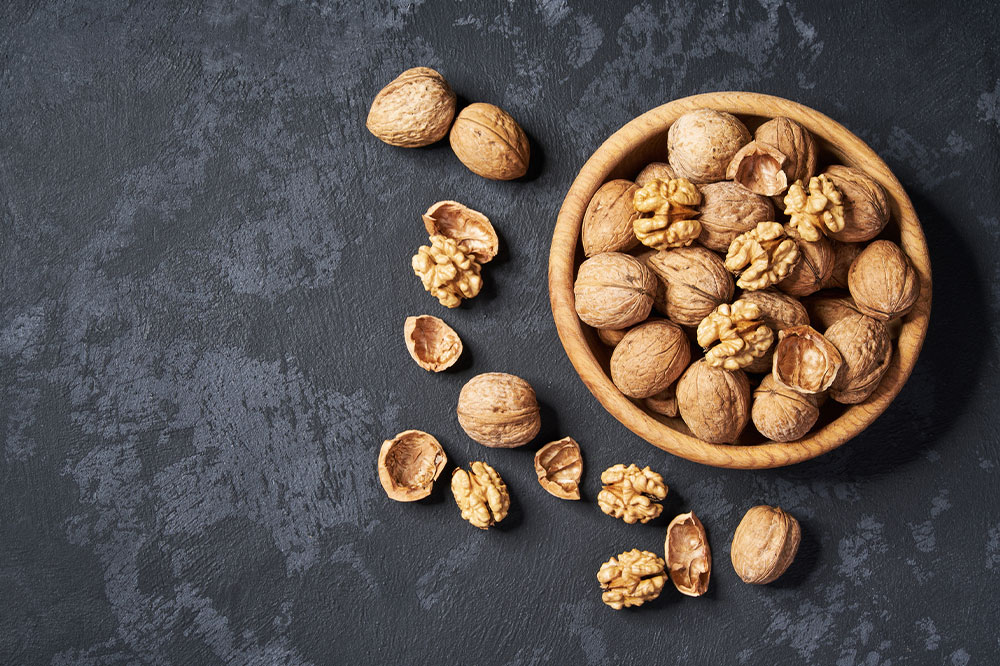Nutritional Strategies for Managing Schizophrenia Symptoms
This article provides practical nutritional advice for individuals living with schizophrenia, emphasizing a diet rich in omega-3 fatty acids, zinc, fruits, and vegetables while reducing sugar, saturated fats, and gluten. Proper nutrition can support symptom management and overall health, complementing therapy and medication. Tailored dietary choices can enhance well-being and reduce health risks associated with schizophrenia.

Effective Nutrition Tips for Supporting Schizophrenia Patients
Schizophrenia is a long-term mental health condition marked by hallucinations, delusions, disorganized thinking, social withdrawal, and cognitive challenges. While therapy and medication are primary treatments, diet plays a vital role in managing symptoms and overall health. Unhealthy eating habits can lead to complications like obesity, diabetes, and cardiovascular issues. Certain foods can either mitigate or exacerbate symptoms. Here’s a guide on nutrient-rich foods to include and foods to limit for individuals with schizophrenia.
Fruits and Vegetables
Eating a variety of fruits, from berries to apples and pears, provides essential vitamins and fiber that can reduce risks associated with schizophrenia, such as metabolic disorders. Colorful vegetables like sweet potatoes, lima beans, and kidney beans are also beneficial, offering low calories, fiber, and vital nutrients. Aim for five servings daily, prioritizing fresh produce over processed or dried options.
Omega-3 Rich Fish
Omega-3 fatty acids are crucial for brain health and may slow schizophrenia progression. Fatty fish such as salmon, sardines, mackerel, herring, and trout are excellent sources. Including at least three servings of oily fish weekly can provide significant benefits. Fish oil supplements are also an option.
Chicken and Niacin Sources
Consuming chicken and foods like marinara sauce rich in niacin (vitamin B3) can help alleviate certain schizophrenia symptoms. Balance is key, as excess niacin intake (beyond 1 gram daily) can harm the liver.
Zinc-Rich Foods
Research highlights a link between low zinc levels and schizophrenia. Foods high in zinc, including oysters, crabs, lobsters, beef, and fortified cereals, may support symptom management and overall mental health.
Plant-Based Omega-3 Sources
Vegetarians can boost their omega-3 intake with flax seeds, pumpkin seeds, and chia seeds, which are rich in essential fatty acids. Incorporating these into daily meals can be beneficial.
Foods to Limit or Avoid
Reducing saturated fats, sugars, and salts is crucial as these can interfere with treatment efficacy and worsen health risks.
Sugar
Refined sugars found in candies, sodas, and baked goods can increase diabetes risk and intensify symptoms. Opt for low glycemic foods and reduce processed sweets.
Gluten-Rich Breads
Some individuals with schizophrenia report symptom improvement when avoiding gluten, although more research is needed. gluten-free options may be considered.
Always consult healthcare professionals for tailored dietary guidance.








